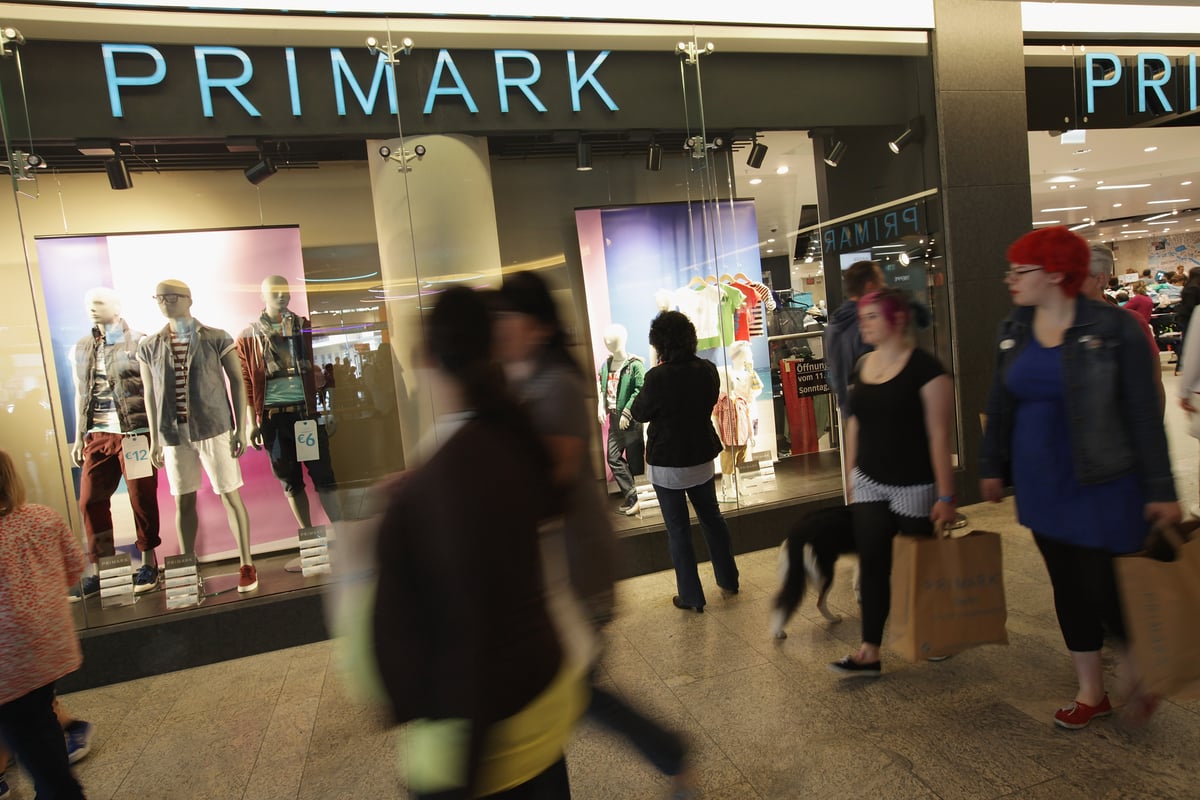Shoppers in the UK may soon notice an increase in the number of high-street store closures as rising taxes threaten the profitability of retailers. Primark, the well-known fashion brand, has raised concerns about the sustainability of its large stores in light of these financial pressures.
In a recent statement, Paul Marchant, the CEO of Primark, highlighted that the retail sector is facing significant challenges. He pointed out that ongoing tax increases could severely impact business operations and consumer spending. Marchant emphasized that these financial burdens may force retailers to reconsider their existing store formats and locations.
Rising Costs and Consumer Behavior
The retail landscape has been evolving rapidly, with many shoppers shifting towards online purchasing in response to rising costs and inflation. Marchant noted that Primark has managed to maintain strong sales figures despite these challenges, but the future remains uncertain. He mentioned that the company is closely monitoring changes in consumer behavior as economic pressures continue to mount.
In recent months, the UK government has implemented several tax increases aimed at addressing the national deficit. These measures have been met with criticism from various sectors, including retail, which argues that increased taxation could stifle growth and lead to further store closures across the country.
According to data from the Office for National Statistics, retail sales in the UK have seen fluctuations, with a notable decline in foot traffic to physical stores. The British Retail Consortium reported that high-street shops have struggled to recover from the impact of the pandemic, with many already navigating precarious financial situations.
Future of High-Street Retail
As Primark and other retailers grapple with these challenges, there is growing concern about the viability of maintaining large physical stores. Marchant expressed optimism about the brand’s ability to adapt, citing successful strategies that have allowed Primark to thrive in a competitive market. However, he acknowledged that the current economic climate poses unprecedented challenges.
The potential for high-street shop closures raises questions about the future of retail in urban areas. With consumers increasingly favoring online shopping, many traditional retailers are reconsidering their strategies. As Marchant pointed out, maintaining profitability in this environment requires innovation and flexibility.
While Primark has been successful in drawing customers with its value-driven offerings, the company must remain vigilant in navigating the evolving market landscape. As taxes rise and consumer preferences shift, the brand’s ability to adapt will be crucial in determining its future.
The impact of these changes extends beyond just Primark. If large retailers like Primark face challenges, the repercussions could be felt throughout the entire high-street retail sector. The future of these shopping areas may depend on how well retailers can respond to economic pressures and changing consumer habits.
In conclusion, while Primark continues to perform well, the warning from its CEO serves as a reminder of the broader challenges facing the retail sector in the UK. Rising taxes and changing market dynamics could reshape the landscape of high-street shopping for years to come.
